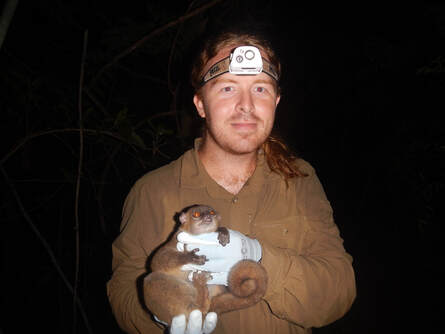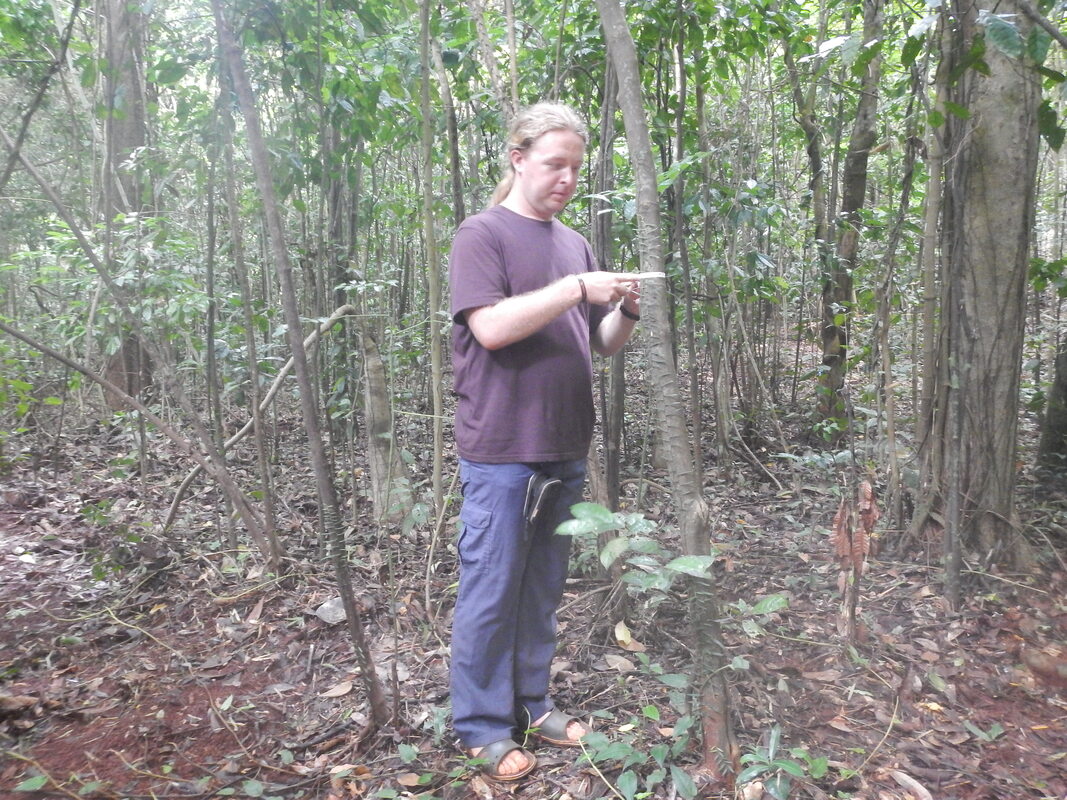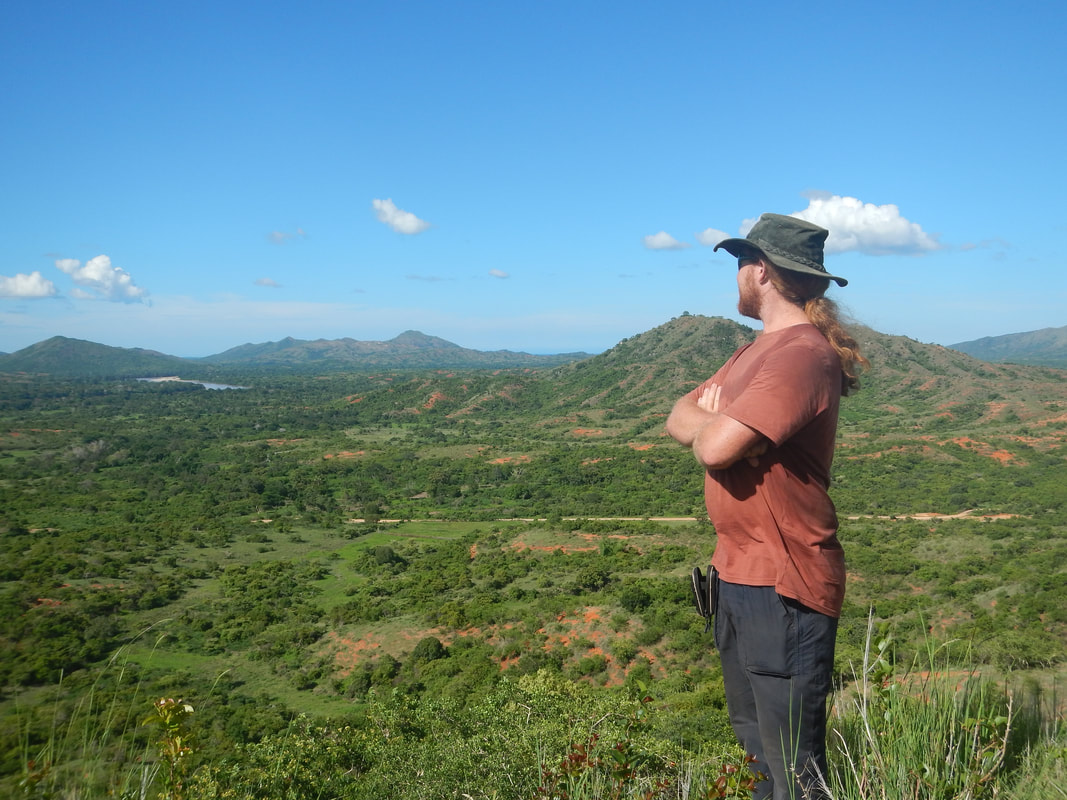About Me |
I am a biologist from Bristol, UK, currently working as a Research Fellow in the Nature-based Solutions Initiative at the University of Oxford. My scientific research interests are very broad and inter-disciplinary, and I have worked on projects within the fields of animal behaviour, bioacoustics, conservation, ecology, environmental science, and evolution. My current research focuses on how and why African Elephants (Loxodonta africana) use seismic communication, and I have ongoing projects focusing on the ecology and conservation of Madagascar's forests and vertebrate fauna, particularly cheirogaleid lemurs.
Since first becoming an undergraduate student in 2011, I have been fortunate enough to complete all of my further education within my home city. I obtained my BSc from the University of the West of England, where I studied Conservation Biology, and I then completed a research MSc at the University of Bristol, co-supervised by Bristol Zoological Society (2014 - 2016). My MSc research project focused on the behavioural ecology and conservation of the Endangered Sambirano Mouse Lemur (Microcebus sambiranensis) in North West Madagascar, and this was my first foray into the world of field research, data-analysis, grant applications, and applied conservation. This project ultimately shaped my research pathway, influenced my desire to attain a career within the biological research sector, and ignited my love for Madagascar and its unique habitats and animals. For the next two years, I worked with Bristol Zoological Society on their research projects in Madagascar, and I studied the impact of vanilla cultivation and agroforestry on native floral and faunal biodiversity in the SAVA Region. In 2018, I started my PhD at the University of Bristol (also co-supervised by Bristol Zoological Society). My PhD research was heavily-impacted by the Covid-19 pandemic and I was unable to conduct fieldwork during this time, so I utilised published data, meta-analyses, and ecological niche models to investigate the conservation biogeography of Madagascar’s cryptic, small-bodied cheirogaleid lemurs. In parallel, I also started a project focusing on how forest fragmentation and habitat degradation affects the demography, behaviour, and physiological health of nocturnal lemur populations in the Sahamalaza-Iles Radama National Park. This project finished in 2022. Upon competing my PhD in mid-2021, I worked for five months as a Postdoctoral Researcher at the University of Bristol. I then moved to the Department of Biology at the University of Oxford for my second PostDoc position, where I studied seismic communication in African Elephants and its applications for real-time conservation monitoring. I am currently a Research Fellow in the Nature-based Solutions Initiative at the University of Oxford (Department of Biology), where I work on the Flourishing Landscapes Programme (FLP). The FLP addresses the triple challenge of livelihoods, climate change, and biodiversity loss at tropical forest frontiers, and I am currently leading ecology research in agricultural-forest matrix landscapes in two biodiversity hotspots: 1) cacao agroecosystems in the Ashanti Region of Ghana (Guinean Forests of West Africa), and 2) coffee agroecosystems in the Central Highlands of Viet Nam (Indo-Burma). In parallel to my research roles, I am an Associate Editor for the journals Biodiversity and Conservation and Lemur News. I am also a participating member in the IUCN SSC Primate Specialist Group Madagascar Section, an Explorer for the National Geographic Society, a student mentor for the Lemur Love NGO, and a member of the British Ecological Society, Society for Experimental Biology, and the UK Bioacoustics Special Interest Group. |
Ⓒ Daniel Hending



